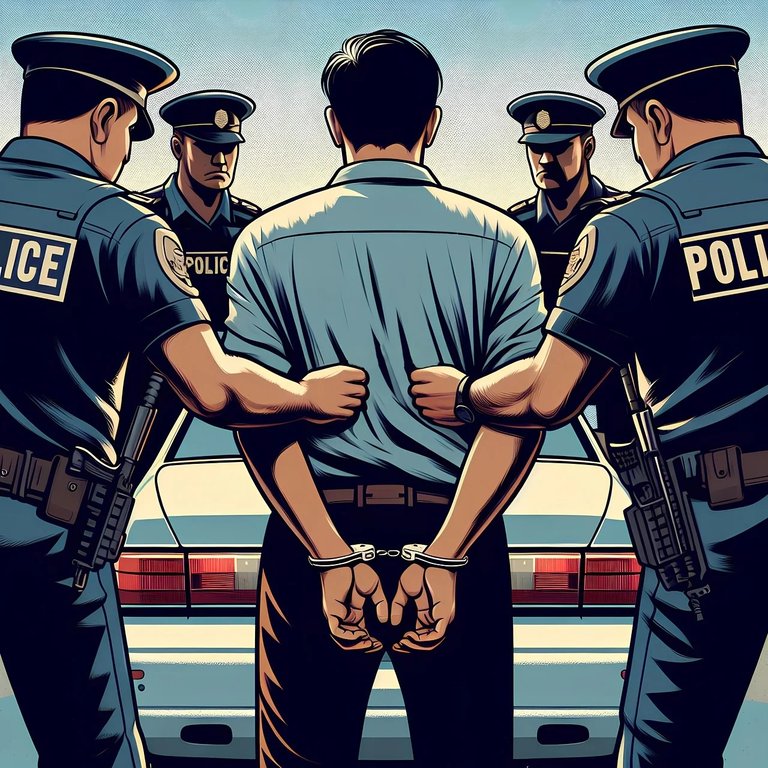Have you ever heard about someone committing a crime, and instead of judging them, you found yourself understanding or even agreeing with why they did it? It’s a tough question because, on one hand, the law exists to keep society in order, and every crime, is supposed to be punished. But on the other hand, life isn’t black and white. Sometimes, when you hear the reasons behind certain actions, you can’t help but feel like the law should cut them some slack.
There’s a saying: “Where there is no law, there is no offence.” It’s simple and clear: without laws, society would fall apart, and anyone who breaks the rules should face the consequences. No one is above the law. But should the law always be so rigid? I don’t think so. There are situations where the motives behind a crime makes all the difference, and those motives deserve to be putting into consideration.
Take this for example: what if someone steals to save the life of a loved one? Imagine a father stealing a medicine for his dying child because he can’t afford it. Yes, he’s broken the law, and yes, there should be consequences, but does he deserve the same punishment as someone who robs a store for selfish reasons? I don’t think so. I believe that the law should be flexible enough to show some understanding in cases like this. Punishing someone too harshly in such a situation feels more like cruelty than justice.
Now, when it comes to crimes I could personally be partial to, one story always comes to mind. There was a University of Lagos student who was jailed for spending a counterfeit 500 naira currency. That’s the price of a meal or maybe just enough to get home after a long day. He spent some months in jail and to be honest, does that really deserve jail time? What if the student was desperate, hungry, or just had no other option at that moment?
For me, someone like that doesn’t need to be thrown in jail. What they need is help. Counseling, guidance, or even just a conversation could do so much more than locking them up. Sending someone to prison over such a small crime doesn’t solve anything. In fact, it ruins their future and adds more burden to society.
Unfortunately, in Nigeria, the justice system can feel incredibly unfair. It often seems like the harshest punishments are reserved for the smallest crimes, while people who commit far worse offences go free. I remember the story of a man who raped a girl sometimes last year, killed her and even demanded ransom from her parents, and even murdered his own sister. Somehow, it has being said that he was released and is now walking free. Meanwhile, someone who steals a phone might be killed on the spot or sentenced to death. How does that even make sense?
To me, justice should be fair and balanced. Every crime should have consequences, but we have to look at the bigger picture. Why did someone commit the crime? What were their circumstances? It’s not fair to punish a struggling student the same way you would punish a hardened criminal. If the law is meant to create a better society, it needs to consider the human side of things. Yes, the act is wrong, but understanding the true reason why they commited the crime in the first place and if they have been found doing that before can change how we respond. And sometimes, mercy can be just as powerful as justice.

I will be more excited if the same law that guides the seemly poor people also works for the rich. It is annoying that it become impotent at the sight of the rich and they walk away with a trace.
I just home the law is used properly that's when we will have more sane nation
There are crimes that when committed, we cheer for the defaulter and not be mad at them.
Hello there, Juwon. I totally agree with you. Every law should have consequences, bit we should think about the motive. Why did the person commit the crime? What is the gravity of the crime? If the person breaks the law to save the society or to save a life, then a fair treatment should be given.